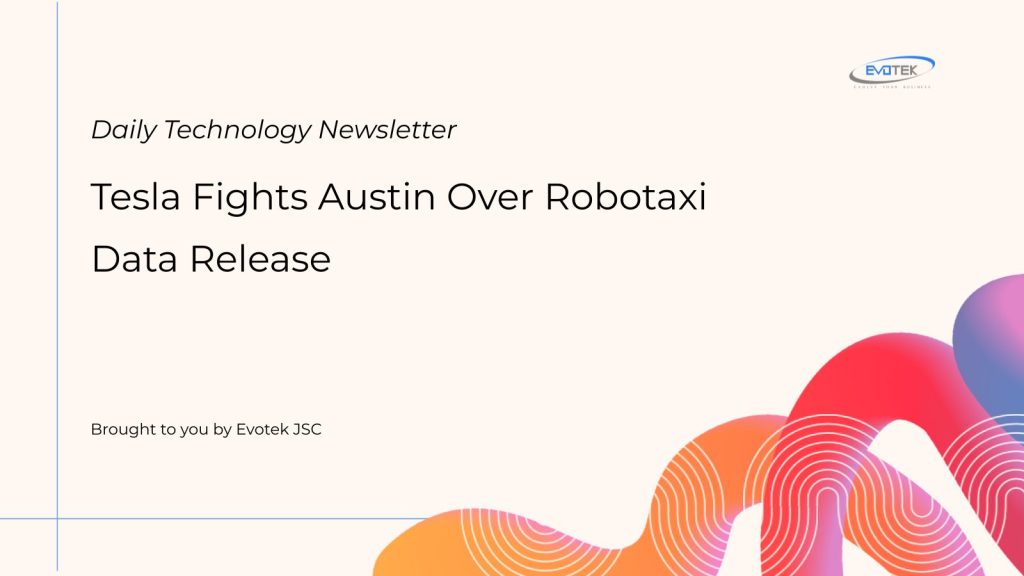Tesla is attempting to prevent the City of Austin from releasing information regarding its upcoming robotaxi service. The electric vehicle giant, already facing scrutiny over its Full Self-Driving (FSD) technology, is citing proprietary concerns to keep details of the Austin trial under wraps.
The move comes as Tesla prepares to launch its robotaxi service in Austin, Texas, raising questions about transparency and public safety. While Tesla argues the information contains sensitive business data, critics contend the public has a right to know about the testing and deployment of autonomous vehicles on city streets.
In February, Reuters requested information from the city regarding the robotaxi program. Austin’s public information officer indicated that third parties, presumably Tesla, requested the city withhold the records. Tesla’s legal counsel later contacted the Texas Attorney General, arguing the release would reveal confidential and competitively sensitive information, causing irreparable harm.
The core of Tesla’s argument revolves around trade secrets. They claim disclosing details about the robotaxi deployment, processes, and strategies would give competitors an unfair advantage. However, transparency advocates argue this secrecy prevents the public from understanding the risks associated with driverless vehicles operating in their neighborhoods.
Currently, the planned robotaxis will be geofenced, restricting them to specific streets. The exact routes are not yet public. This raises concerns about informed consent, as residents may unknowingly encounter these autonomous vehicles without adequate warning.
This isn’t the first time Tesla has sought to control the flow of information regarding its autonomous driving technology. The company has also taken legal action to prevent the National Highway Traffic Safety Administration (NHTSA) from releasing crash data related to FSD and Autopilot, fearing it could be used by competitors or, perhaps more worryingly, sour public opinion on the technology.
Independent researchers, like Noah Goodall, note that reduced reporting requirements for robotaxis make it harder to identify patterns in self-driving vehicle errors. While trade secret protections exist, the debate centers on balancing corporate interests with the public’s right to safety and information.
The situation highlights the ongoing tension between innovation and oversight in the rapidly evolving field of autonomous vehicles. As Tesla pushes forward with its robotaxi plans, the battle over data transparency will likely continue.

 日本語
日本語 한국어
한국어 Tiếng Việt
Tiếng Việt 简体中文
简体中文